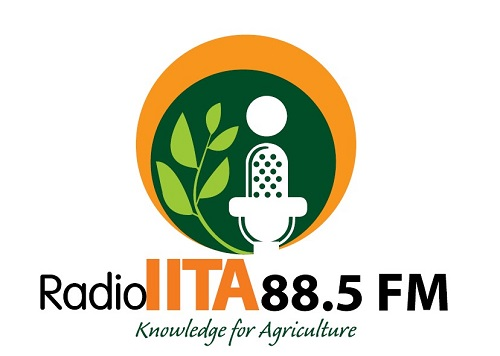In a significant stride towards enhancing agricultural sustainability, Prof. Chiedozie Egesi, a Senior Scientist at the International Institute of Tropical Agriculture (IITA) and recently appointed Executive Director of the National Root Crop Research Institute (NRCRI), unveils plans for a groundbreaking crop breeding initiative. This initiative, part of the OneCGIAR-led project, aims to yield more nutritious and resilient crops within the RTB (Roots, Tubers, and Bananas) varieties.
As the NexGen Cassava Breeding project lead, Prof. Egesi envisions integrating existing investments, including the AfricaYam project, NexGen Cassava Breeding project, Breeding for Better Banana, and SweetGains. By leveraging cross-cutting competencies and collaborative capacities, these projects aim to streamline the development of improved crop varieties, facilitating easier adoption by farmers.
The RTB Crops Breeding project encompasses diverse staples such as sweet potato, yam, banana, and cassava. Prof. Egesi highlights the consolidation of gains achieved by the NexGen Cassava Breeding project as it transitions into the OneCGIAR Crop Breeding Project after a decade.
Among the notable achievements of the NexGen Cassava Breeding project are the release of five varieties in Nigeria, the organization of product launches for farmers in collaboration with the BASICS project, and the deployment of TRICOT technology for on-farm evaluation and adoption in partner countries. Additionally, the project has played a pivotal role in training over thirty PhD students as breeders across Africa. It is on the verge of releasing three new varieties in East Africa.
Speaking on his new role as Executive Director of NRCRI, Prof. Egesi, with over 25 years as an IITA scientist, sees this as an opportunity to uphold the values of IITA and strengthen collaborations between OneCGIAR and National Agricultural Research Systems (NARS). He emphasizes elevating NRCRI by upgrading facilities, enhancing skills, and fostering a motivated workforce to achieve sustainable agricultural goals.
This strategic initiative underlines Prof. Egesi’s commitment to scientific advancements in crop breeding, promoting agricultural resilience, and establishing synergies for impactful partnerships to pursue global food security.
Contributed by Dajie Odok



